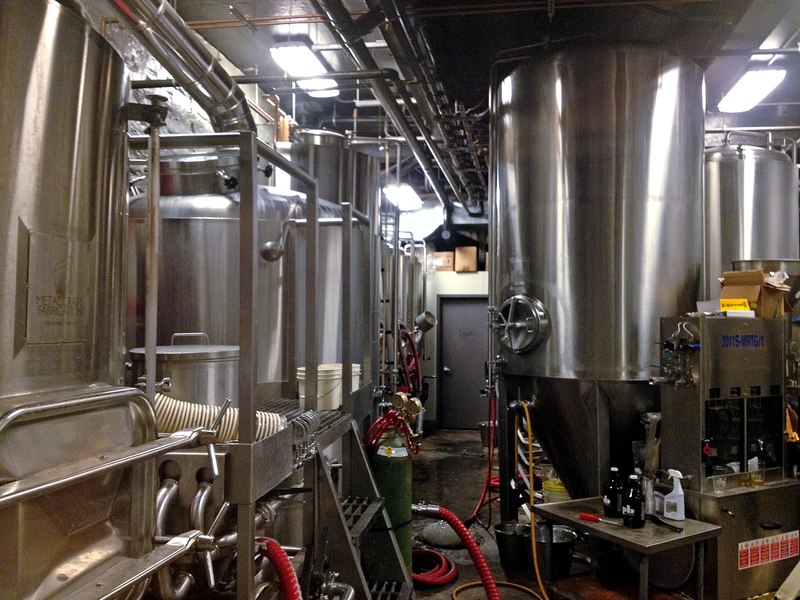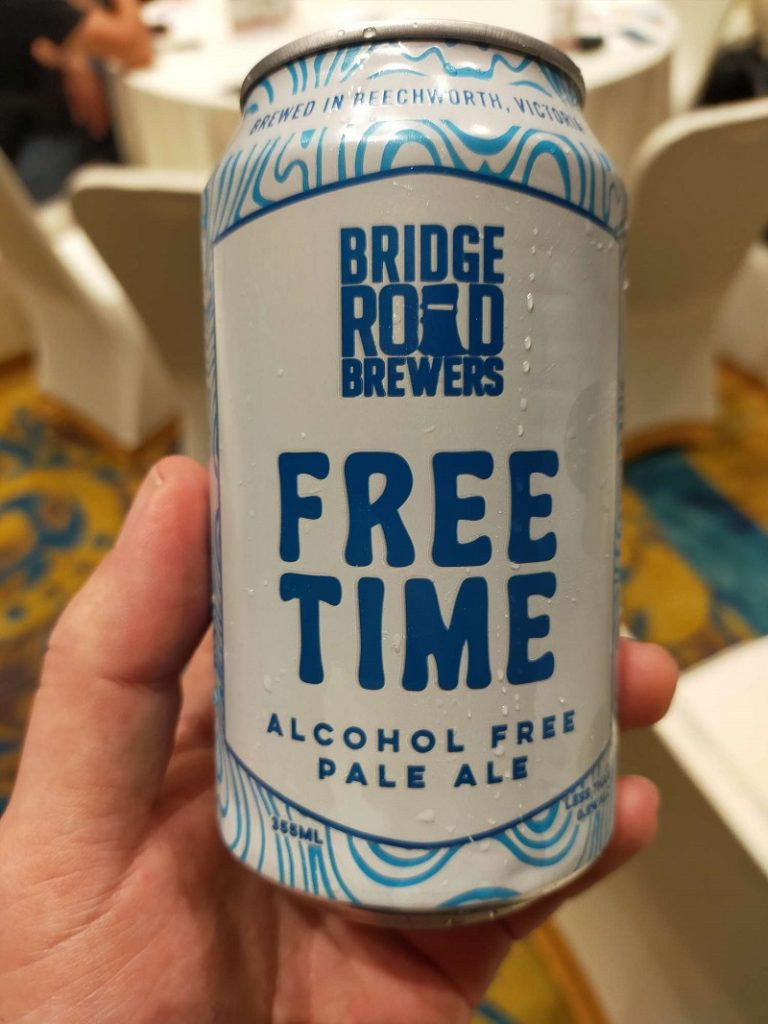Non-alcoholic beer is a type of beer that contains very low or no alcohol content. It is a popular alternative to traditional beer for those who are looking to reduce their alcohol intake or avoid alcohol altogether for various reasons. There are plenty of reasons to drink non-alcoholic beer but is it actually good for your health? Let’s explore the topic in more detail.
Is non-alcoholic beer good for you?
One of the main benefits of non-alcoholic beer is that it does not contain any alcohol, or very little alcohol, which means that it does not have the negative effects on the body that alcohol can have. Alcohol is a psychoactive substance that can impair cognitive function and coordination, and it can also have negative effects on mental health and increase the risk of developing certain health conditions. Alcohol is associated with following health risks:
- Increased risk for certain types of cancer
- Decresed brain function
- Risk for cardiovascular disease
- Increased risk for diabetes
- Cirrhosis of the liver
- Depression
- Inflammation in the stomach
- Inflammation of the pancreas
By contrast, non-alcoholic beer does not contain alcohol and therefore does not have these negative effects on the body.
However, it is important to note that non-alcoholic beer is not completely alcohol-free, as it may contain trace amounts of alcohol (usually less than 0.5%). While these trace amounts are generally not enough to produce any psychoactive effects, they may still have some slight physiological effects on the body.
Does non-alcoholic beer have fewer calories?

Despite often having a small amount of alcohol in it, non-alcoholic beer can still be a healthier choice than traditional beer for a number of reasons. For one, it has fewer calories than regular beer. Alcoholic beverages are high in calories, and beer is no exception. In fact, a single 12-ounce serving of regular beer can contain as many as 150 calories or more. By contrast, non-alcoholic beer typically contains fewer calories, making it a better choice for those who are watching their weight.
Non-alcoholic beer can also be a good choice for people who are trying to maintain a healthy lifestyle. Regular beer is high in carbohydrates and can cause weight gain if consumed in excess. Non-alcoholic beer, on the other hand, is often lower in carbohydrates and can be a better option for those who are trying to maintain a healthy diet.
Health benefits of non-alcoholic beer
Another potential benefit of non-alcoholic beer is that it may have some health-promoting properties. Some studies have suggested that non-alcoholic beer may have antioxidant effects and may even be able to reduce the risk of certain diseases.
For example, one study found that non-alcoholic beer was able to reduce the risk of heart disease in men by approximately 30%. Other research has suggested that non-alcoholic beer may have anti-inflammatory effects and may be able to improve blood sugar control and reduce the risk of developing diabetes. However, non-alcoholic craft beers contribute to your sugar intake and are not recommended for diabetics.

It is worth noting, however, that more research is needed to fully understand the potential health benefits of non-alcoholic beer. Some experts caution that non-alcoholic beer should not be considered a “health food” and that it is still important to consume it in moderation.
Despite its potential benefits, non-alcoholic beer is not without its drawbacks. For one, it can be more expensive than regular beer, which may be a deterrent for some people. Additionally, some people may not enjoy the taste of non-alcoholic beer as much as traditional beer, which could make it less appealing as an alternative.
Non-alcoholic Beer After Workout

Some of the non-alcoholic craft breweries have very healthy lifestyles. For example, Athletic Brewing and Surreal Brewing are two breweries that promote athletes.
According to some sources the carbohydrates found in non-alcoholic beer can be beneficial for recovery. Alcohol also reduces the production of the growth hormone testosterone that helps with muscle growth and recovery. Non alcoholic craft beers, on the other hand, can be enjoyed completely guilt free.
Non-alcoholic beer for recovering alcoholics
Another potential benefit of non-alcoholic beer for recovering alcoholics is that it can provide a sense of social inclusion and help to alleviate feelings of isolation and loneliness. For many people, socializing and enjoying a drink with friends and family is an important part of life. For recovering alcoholics, the prospect of giving up alcohol can be intimidating, as it may feel like they are giving up a key aspect of their social life. Non-alcoholic beer can provide a way for recovering alcoholics to participate in social activities and feel included without having to compromise their sobriety.
It is not recommended for people with liver damage to drink non-alcoholic beer as it usually has trace amounts of alcohol.
Additionally, some people may find that the taste of non-alcoholic beer is not as appealing as traditional beer, which could make it less appealing as an alternative. To some recovering alcoholics, non-alcoholic beer can act as a trigger which is why many sober alcoholics are completely avoiding non-alcoholic beer.
Conclusion
In conclusion, non-alcoholic beer can be a healthier alternative to regular beer for those who are looking to reduce their alcohol intake or avoid alcohol altogether. It has fewer calories, is lower in carbohydrates, and may have some health-promoting properties. However, it is important to consume non-alcoholic beer in moderation, as it is not a “health food” and more research is needed to fully understand its potential health benefits. If you are wondering if non-alcoholic beer is healthy for you, it definitely is better than beer with alcohol.